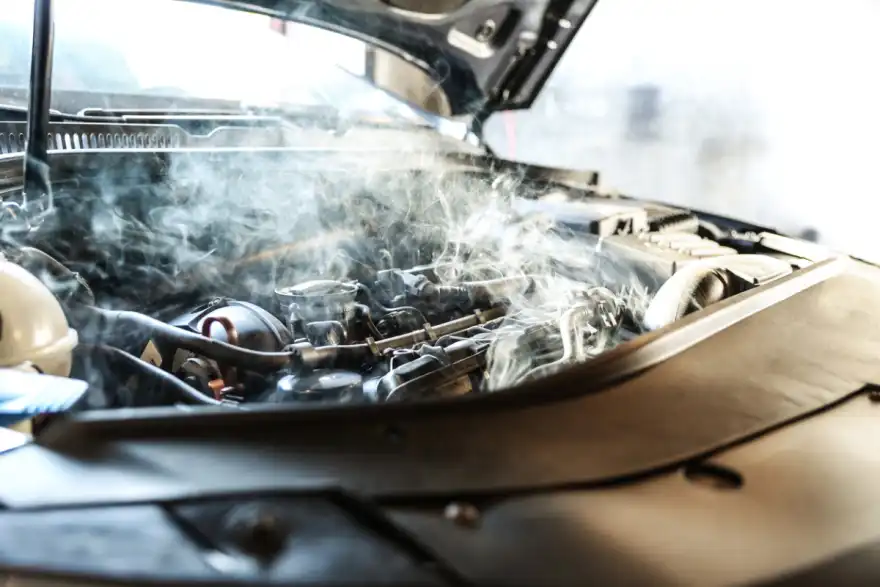
If you're planning to sell your car privately, heads up — a nasty old scam is doing the rounds again, and it could cost you thousands if you’re not careful.
Here’s how it works: scammers pose as potential buyers, turn up for a test drive, and then secretly mess with your car to make it look like it’s got a major issue.
Their trick? Pouring engine oil into the coolant system. This causes the engine to smoke, making it seem like there’s a serious mechanical fault.
Then comes the hustle — instead of walking away, they offer to take the “broken” car off your hands for a fraction of the asking price. Usually around a third.
These fraudsters often work in pairs: one keeps you busy asking to see the paperwork, spare wheel, or service history, while the other sabotages the engine.
This scam, nicknamed the “dirty oil trick,” has been reported multiple times in recent years — including by The Daily Mail and This is Money. Victims have narrowly avoided losing thousands.
Real Examples:
- In 2022, Bikramjit Kooner listed his BMW 520D M Sport online. He caught two scammers on CCTV pouring oil into the coolant and smearing some on the engine. When the car started smoking, they claimed it was “f****d” and offered him £2,000 — way under value.
- In 2019, Martin and Natasha Hill had their Audi A4 targeted via Gumtree. The scammers pulled the same trick and then tried to knock £1,000–£2,000 off the price.
- In 2016, John Woodcock listed a BMW E39 for £1,750. Three men came to view it, distracted him, poured oil into the engine bay, and offered just £500.
Luckily, in each case the sellers spotted something was off before any long-term damage was done.
How to Avoid Getting Scammed
Here’s how to protect yourself:
- Never meet buyers alone. Always have someone with you who can keep an eye on the car while you're talking.
- Take time-stamped photos of your engine bay, oil dipstick, and coolant bottle before any viewings — this gives you proof if something’s tampered with.
- Before the test drive, show the buyer you’ve checked the oil and coolant. This lets them know you’re clued up and watching.
- Don’t leave them alone with the car — ever. If they ask to see paperwork, do it near the vehicle.
- If you suspect tampering, don’t drive the car. Get a mechanic to flush the system before starting the engine — that could save you a serious repair bill.
Selling your car shouldn’t cost you thousands because of a lowlife scam. Stay alert, stay smart, and spread the word.




